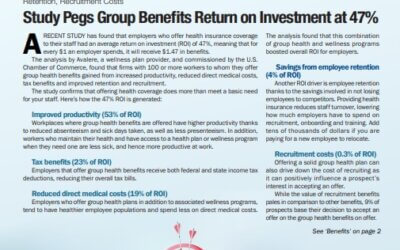The Department of Health and Human Services has proposed cost-sharing limits that would apply to all Affordable Care Act-compliant health insurance policies for the 2022 policy year.
The ACA imposes annual out-of-pocket maximums on the amount that an enrollee in a non-grandfathered health plan, including self-insured and group health plans, must pay for essential health benefits through cost-sharing.
This means that health plans are not allowed to require their enrollees to pay more than the maximum in a given year for health services.
The proposed 2022 out-of-pocket maximums are $9,100 for self-only coverage and $18,200 for family coverage. This represents an approximate 6.4% increase over 2021 limits. For 2021, the out-of-pocket maximums are $8,550 and $17,100, respectively.
Penalties to rise
Applicable large employers (ALEs) — employers with 50 or more full-time or full-time-equivalent workers who are required to offer their employees health insurance under the ACA — can face large penalties known as “shared responsibility” assessments if they have at least one full-time employee who enrolls in public marketplace coverage and receives a premium tax credit. There are two types of infractions with different penalty amounts:
The “play or pay” penalty — This can be levied when an ALE fails to offer minimum essential coverage to at least 95% of its full-time employees and their dependent children during a month, and at least one of its full-time employees receives a premium tax credit through a public marketplace.
The per-employee penalty will rise to $2,880 in 2022 from the current $2,700.
The “play and pay” penalty — An ALE can be hit by this penalty if it offers minimum essential coverage to at least 95% of its full-time employees but a full-time employee receives a premium tax credit because: (1) the employer-offered coverage is unaffordable or fails to provide minimum value, or (2) the employee was not offered employer-sponsored coverage.
For 2022, the maximum annual assessment for each full-time employee receiving a premium tax credit will be an estimated $4,320, up from the current $4,060.

